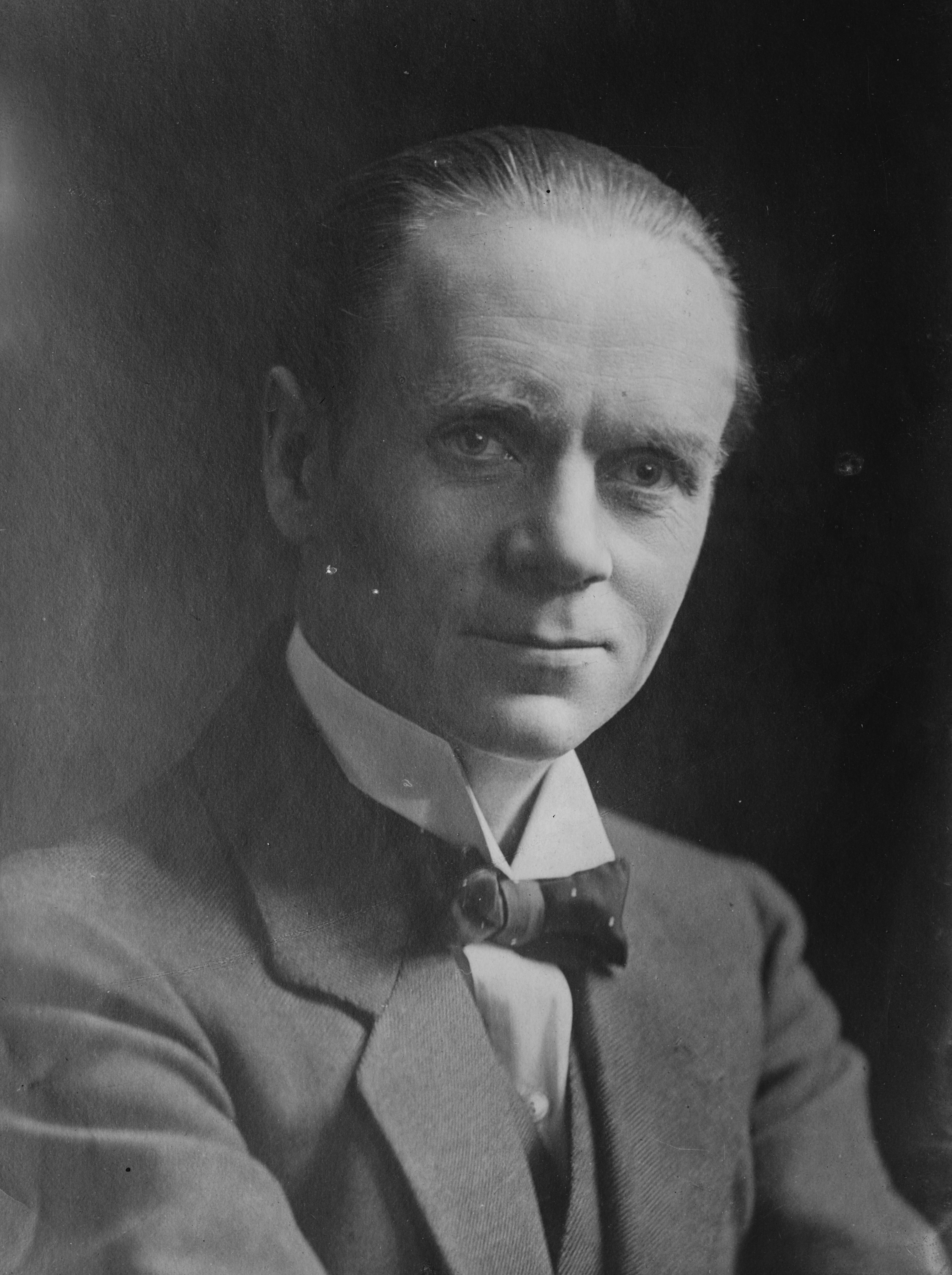Peace and the Public Mind (1935)
Норман Энджелл: Цитаты на английском языке
Peace and the Public Mind (1935)
Peace and the Public Mind (1935)
Peace and the Public Mind (1935)
"Canada's Best Service for British Ideals" (1913)
Peace and the Public Mind (1935)
Peace and the Public Mind (1935)
Peace and the Public Mind (1935)
“This book endeavors to clear away the mists which prevent so many from seeing the road.”
The Great Illusion (1910)
Peace and the Public Mind (1935)
As quoted in American Railway Engineering Association : Proceedings of the Annual Convention, Volume 51 (1950), p. 815; also quoted in Forbes Book of Quotations: 10,000 Thoughts on the Business of Life (2016), edited by Ted Goodman
Statement of 1933, as quoted in Journal of Peace Studies (1994), p. 54; also partly quoted in Logic (1989) by Robert Baum, p. 87
The Unseen Assassins https://archive.org/details/in.ernet.dli.2015.216538/page/n49 (1932), p. 48; in later variants, "pity" was misquoted as "piety" in the Naval War College Review, Vol. 10 (1957), p. 27, and some internet citations have compressed "has become, for the European of our age" to read "has become for our age".
